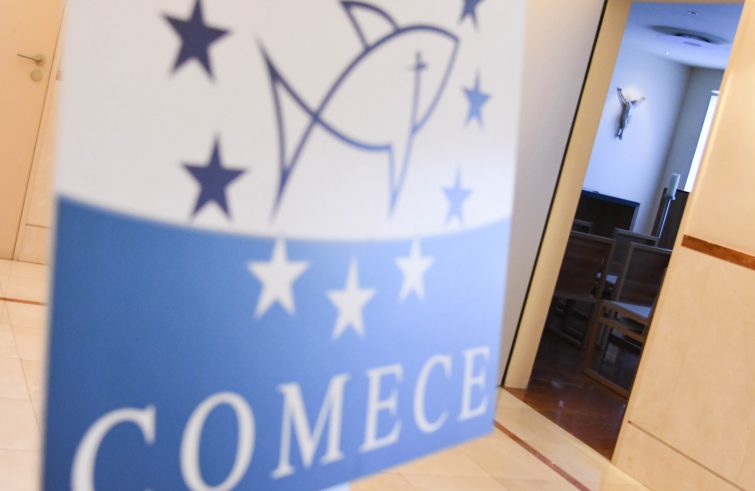
(Brussels)”Comece widely appreciates the process started by the EU institutions for a Conference on the future of Europe. It is an important initiative, taken at the right time”. This comment was made to SIR by the Commission of the Bishops’ Conferences of the European Community just the day after the publication of the proposals put forward by the von der Leyen Commission on the Conference, which, starting on May 9th and lasting two years, is expected to listen to the citizens and to society, and to review EU policies and institutions, so as to revive the Union itself. But in Square de Meeûs, where Comece is based, the reflection has a broader scope: “It is disappointing that the EU Parliament and the EU Commission do not expressly mention the Churches as players to be involved in the Conference, while lay organisations and trade unions are mentioned, instead”. With the EU treaties at hand, Comece points out that “the specific contribution made by the Churches and by religious associations or communities, in pursuit of the common good, would add quite substantial elements to the discussions”. The goal “is to make sure the architecture of the institutional relations laid down by the Treaties, which make a clear distinction between lay organisations (art. 11 Teu) and Churches and religious associations or communities (art. 17 Tfeu), are adhered to. It is just in this sense that Comece “has taken position at a recent meeting with the Croatian presidency of the EU Council, as well as with high-profile figures of the EU Commission and the EU Parliament”.
Lastly: “We will keep working in a dialogue with the institutions, so that the Churches may be involved in the Conference on the future of Europe”.
